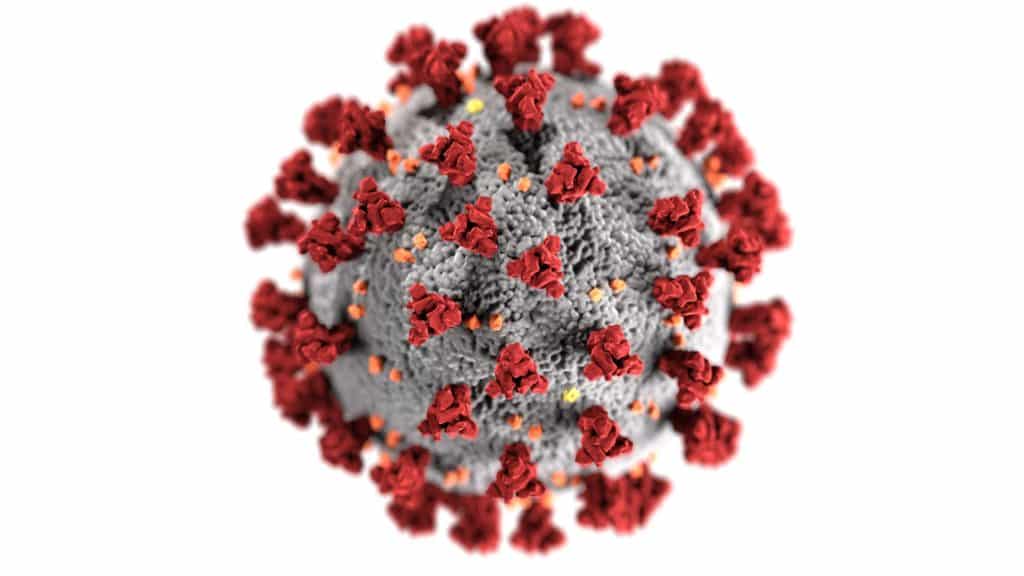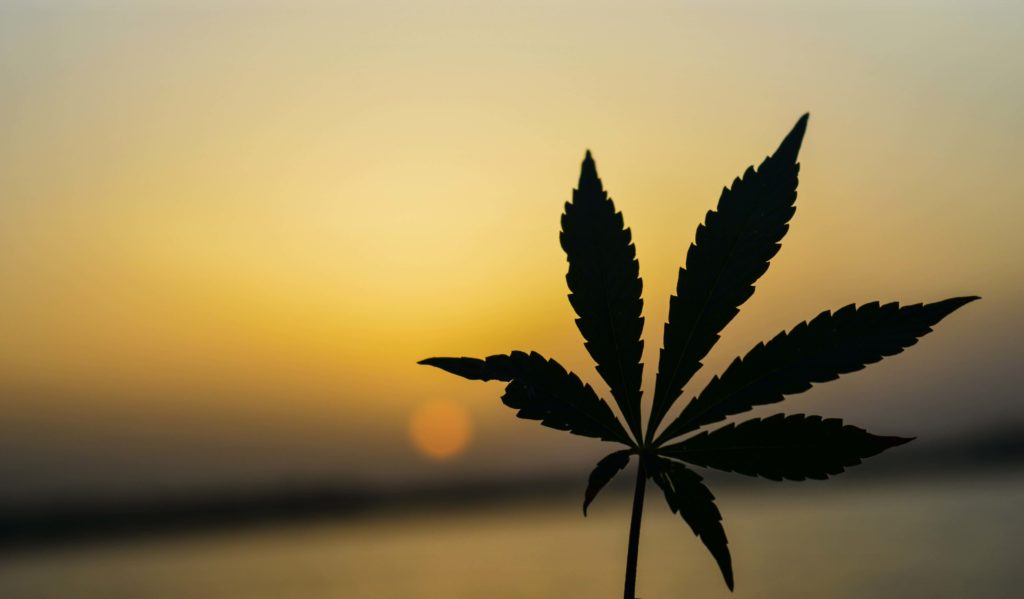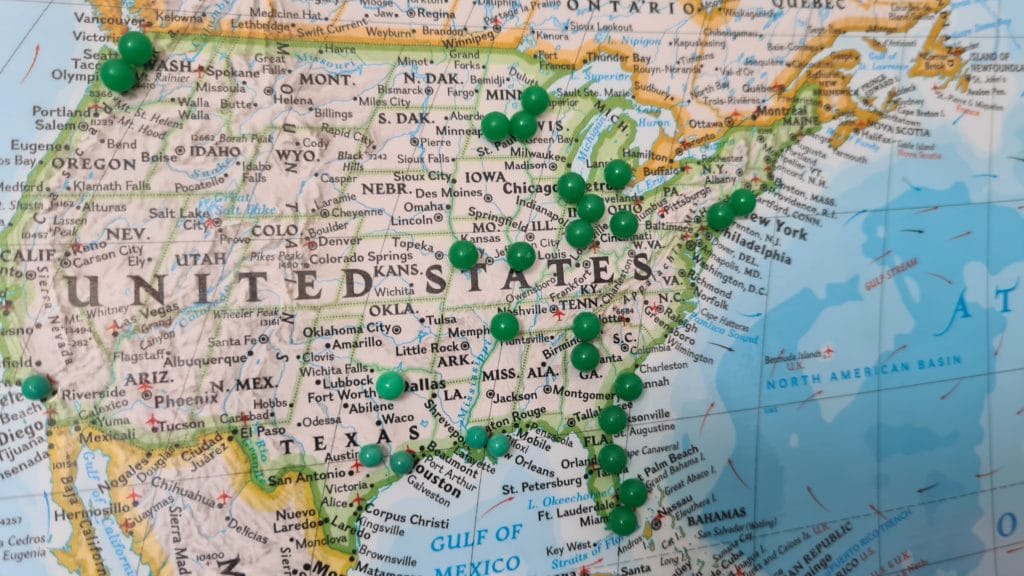CANNABINOIDS ARE MYRIAD CHEMICALS FOUND IN CANNABIS. While THC, tetrahydrocannabinol, and CBD are likely the most well-known, cannabidiol — particularly CBGA (cannabigerol acid) and CBDA (Cannabidiolic acid) — should also be on your radar. Suppose early drug-screening research is to be trusted. In that case, this is what it says: The now-viral research, which was published Monday in the Journal of Natural Products, reveals that these two cannabinoids may inhibit a vital step of the SARS-CoV-2 virus, which causes Covid-19, infecting human cells.
New additions
Researchers from Oregon State University utilized a screening technique to look for chemical compounds with specific characteristics that might make them suitable medications for treating or preventing Covid-19 infections. They found two — CBGA and CBDA — that have the correct molecular make-up to prevent the SARS-CoV-2 virus’ spike protein from connecting to a cell and unlocking it, allowing the virus to invade and transform the cell into a viral factory.
They next tested the chemicals in human epithelial cells in a petri dish – epithelial cells are the cells that coat the inside walls of body organs like the lungs. Both chemicals seemed to inhibit the spike protein’s capacity to attach to epithelial cells in cell models, much like monoclonal antibodies, a well-known therapy for Covid-19 infections. This was true for both the coronavirus’s alpha and beta forms. The researchers did not test other variations.
Notably, this research does not support the idea that smoking marijuana or eating hemp-derived products like CBD candies may protect or prevent Covid-19 infection.
Why does it matter?
These sorts of drug screens are commonplace; the goal is to look at medications or compounds we currently know about and see if any of them have key characteristics that might make them effective weapons against a virus’s processes or disease progression. Scientists may be able to locate and create medications to combat infections more rapidly by going through the annals of what we know rather than trying to discover or invent anything new since they have previously been evaluated for safety and human usage to some extent.
Van Breemen notes, “These chemicals may be taken orally and have a long history of safe usage in humans.” “They have the potential to both prevent and cure SARS-CoV-2 infection.”
How it works?
CBDA and CBGA seem to block the SARS-CoV-2 spike protein from attaching to an ACE2 receptor on the outer layer of cells, which might be a prospective therapeutic target.
When the spike protein attaches to ACE2, it acts as a key in a lock, allowing the virus to enter the cell and begin working, transforming it into a viral factory and generating a Covid-19 infection. Interfering with this pathway is crucial for preventing and treating the Covid-19 condition — one could presumably prevent cells from getting infected. However, one could also restrict an infection’s reach on the body’s cells.
The researchers discovered the two cannabis compounds by searching for ligands — chemicals that may attach to the SARS-CoV-2 spike protein in the same way that the ACE2 receptor does.
In the release, van Breemen notes, “The two cannabinoids with the greatest affinities for the spike protein were CBDA and CGBA, and these were verified to prevent infection.”
When analyzing this research, remember that it is preliminary – cell models and screens are not a replacement for human clinical trials, which are the gold standard in drug development. We’re still a long way from being able to use these results to treat Covid-19 in a clinic setting. Importantly, we don’t know how effective the compounds are in preventing infections or how much of each chemical is required to have a therapeutic effect.
What is next?
This research is preliminary, and further research is needed to confirm it. However, it has already sparked much curiosity among the general population. According to the journal’s metrics monitoring, which analyses mentions of the research on the internet, the paper has been read by 14 million people through Twitter alone at the time of writing.
Meanwhile, in the lab, van Breemen is focused on extending the research to examine how CBDA and CBGA compare to other Covid-19 variations.
“Our findings demonstrate that CBDA and CBGA are effective against the two variations we studied,” he says, hoping the trend will continue with other current and future variants.
He also plans to examine a new plant-derived molecule, licorice, as a possible SARS-CoV-2 therapeutic target.
“In a previous study, we discovered that another chemical, derived from licorice, also binds to the spike protein.” However, we have not yet tested that drug, Licochalcone A, for its ability to kill a live virus. To do so, we’ll require new financing,” he adds.
Cannabinoids have been the subject of many current investigations because they potentially reduce inflammation, and these studies are showing encouraging results. It is healthy knowledge that the COVID-19 virus causes inflammation as a consequence of the immunological response of the body. This inflammation may result in various adverse effects ranging from moderate to severe, as well as comorbidities and, in the most severe instances, death.
Cannabinoids may be helpful in treating COVID-19-related mental health and neurological issues.
Even though the usage of cannabis is highly debated, and even though there is still a significant amount of work that has to be done to determine whether or not cannabis is helpful in the treatment and prevention of COVID-19, the first findings are encouraging. These cannabinoid acids are easily accessible in the form of hemp oils and extracts, and their use by humans has been shown to be risk-free. Hemp is not a banned drug, and it does not contain any psychotropic components as marijuana does, which is made up of THC. Oral administration of these chemicals is possible, and they are also amenable to development as medications to prevent COVID.
These findings do not in any way imply that you should start using cannabis or CBD products as a strategy to prevent or cure a coronavirus infection. If you have been exposed to the virus or are feeling unwell, the best approach to protect yourself is to get vaccinated, get a boost, wear a mask, and isolate yourself from other people.


